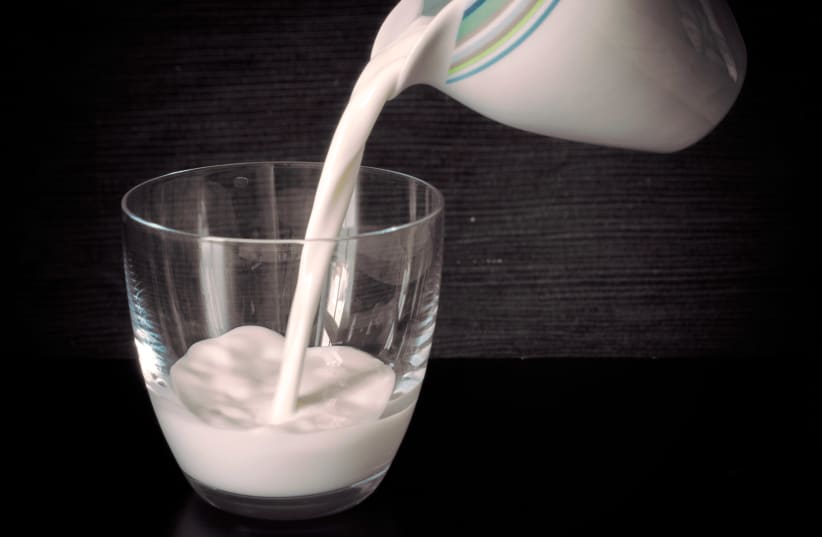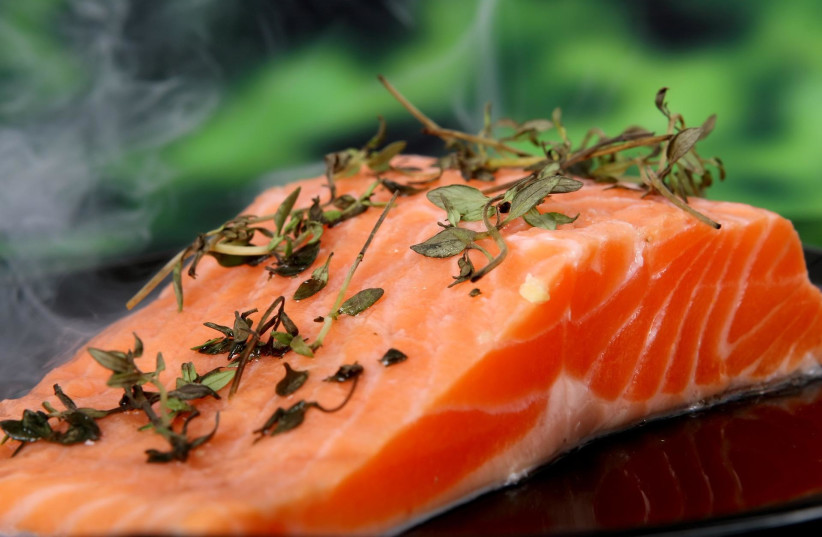The belief that drinking milk after eating fish can cause vitiligo, a skin condition that causes parts of the skin to lose color, is present in various different cultures. Another theory posits that eating fish and dairy together can cause gas and other digestive issues because the foods rich in protein need different enzymes to digest them.
But the fact is that, according to several studies, there isn't any scientific evidence that drinking milk after eating fish is harmful to one's health in any way.
Scientists have even noted that the Mediterranean diet, heralded as one of the healthiest diets in the world, contains a mixture of fish, milk and yogurt.
What causes vitiligo?
It is unclear what causes this infamous skin condition, and it can likely be caused by a number of factors. What is known is that it seems linked to when melanocytes, the pigment-producing cells, stop producing melanin.
However, vitiligo poses no harm to the human body whatsoever and treatment isn't urgent – or even necessary at all.
Of course, if the symptoms are impacting one's psychological well-being, then doctors can help find a treatment option.
There is no known prevention method for vitiligo, but there are some ways experts think you can lower your risk of developing it:
- Use skin moisturizer on a daily basis
- Reduce stress and prevent bodily injuries
- Maintain safe practices for Sun exposure
- Manage any autoimmune conditions you might have

